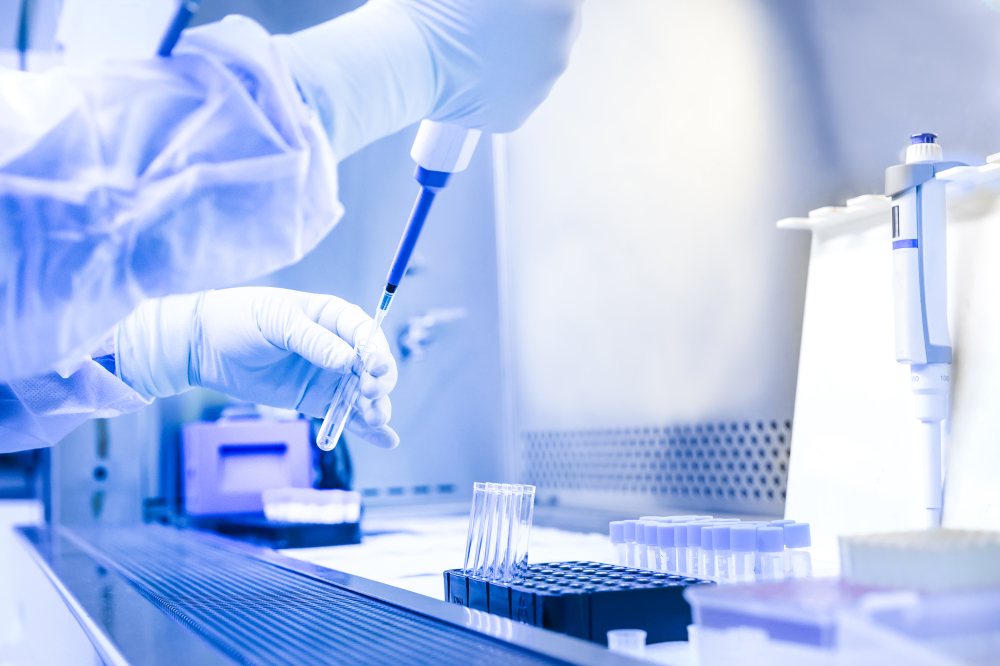
The Centers for Disease Control and Prevention’s (CDC) Center for Global Health was designated as a Collaborating Center for Biosafety and Biosecurity by the Pan American Health Organization/World Health Organization (PAHO/WHO).
The designation — the first awarded to a CDC/WHO collaborating center. The experts will assist PAHO/WHO in their efforts to help countries safely handle and contain dangerous diseases, such as Ebola, influenza, and polio. The designation is valid for four years.
As a Biosafety and Biosecurity Collaborating Center, CDC will provide leadership to aid in the development of international recommendations and guidance for laboratory biosafety and biological risk management. It will also support PAHO/WHO to use training and technological innovations in laboratory science to fill knowledge gaps and address fundamental issues affecting safe laboratory operations. Further, they will continue to work to improve biosafety and biosecurity around the globe.
The CDC has decades of experience partnering with countries to build global capacity for biosafety and biosecurity. In 2012 it worked with Thailand’s National Institutes of Health and Animal Health to establish a certification training program for the operation of biological safety facilities. The training program was expanded to Cambodia in 2013. By the end of 2018, CDC supported six certifiers in the region who have performed more than 500 certifications in 65 laboratories. They have also trained over 600 laboratory staff and students in certification and maintenance.
The CDC also helped the Uganda Virus Research Institute (UVRI) to get certified to perform yellow fever regional reference laboratory functions. UVRI is the only certified yellow fever reference laboratory in eastern Africa.
“Global laboratories provide data to drive public health action, inform programs, increase our knowledge base and support solutions to global health problems,” Kevin Karem, associate director for laboratory science, CDC’s Center for Global Health, said. “In a world that is increasingly interconnected, our ability to prevent, identify, contain, and respond to biological threats—whether intentional or naturally occurring—is imperative to protect health and save lives.”




